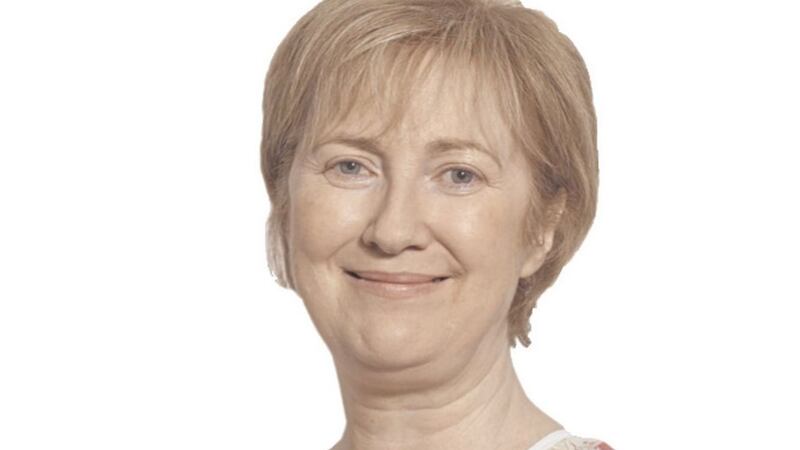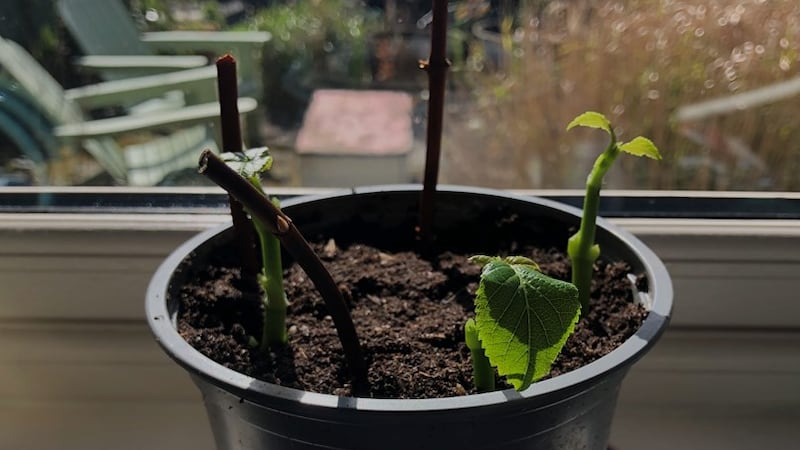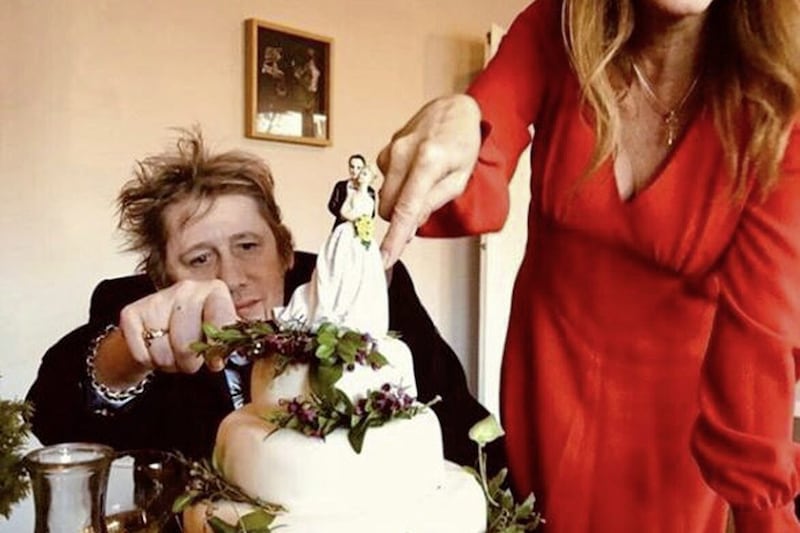Deeply Human Menopause Podcast
Too young for this menopause chat?
The menopause is having a moment everywhere. You can’t avoid it.
It popped up on a podcast called Deeply Human on BBC Sounds.
But this was a distinctly unusual take.
It turns out that that menopause is very rare in the animal world – the only mammals who go through it are women and whales – killer ones to be exact.
Killer is probably a good adjective for that stage in life – there are certainly murderous moments to match the hot flushes and the brain fog.
This podcast’s presenter, Dessa, has a lovely wry touch of humour about her.
She confides that she had her own sneak peek of what the menopause looks like - a razor sharp alertness, a feverish heat, terrible insomnia.
When she got up in the mornings, she saw the outline of her body on the bedsheet … her sweat etched in salt.
The drop in hormones which is the menopause is not a big deal for some but for others it meaningfully alters what it feels like to be in their own bodies.
Fatigue, insomnia, an inability to lose weight, a decrease in libido, skin changes, losing hair and metabolism changes. Welcome to planet fun.
The message is that this is not just a phase, it leads to the woman you become.
Dessa took a look back to the 19th century when menopausal women had lead pumped into their vaginas, got a vaginal plug or had an anal injection of opium.
Ain't progress a wonderful thing?
Then she introduced us to Darren, who along with Emma, studies behaviour in ecological settings.
He spends his time hanging around in boats and looking around killer whales. Orcas and Narwhals.
Cue eery, haunting, beautiful music.
The thing is, in this species sons and daughters stay with their mother – like adult sons hanging around with their mums.
In particular, the death of the mother whale has a huge effect on her son’s survival - hazard mortality increases more than eight times.
So the 60-plus year old females go about catching salmon and sharing the food with their fully-grown huge male offspring who swim by their mum’s side for most of their lives.
These whales have a touch of the Irish mammy about them.
Darren said that female whales live for decades longer – they are formidable at the hunt.
They know when and where to look for food. It’s knowledge they have accumulated throughout their lives.
The whales’ menopause gives them time and space to devote to their adult descendants.
It’s called the grandmother hypothesis.
They’re grannies, they can’t have any more young but there is a real opportunity for them to help their children.
Menopause is very rare in the animal kingdom – just humans and whales - we’re in good company.









